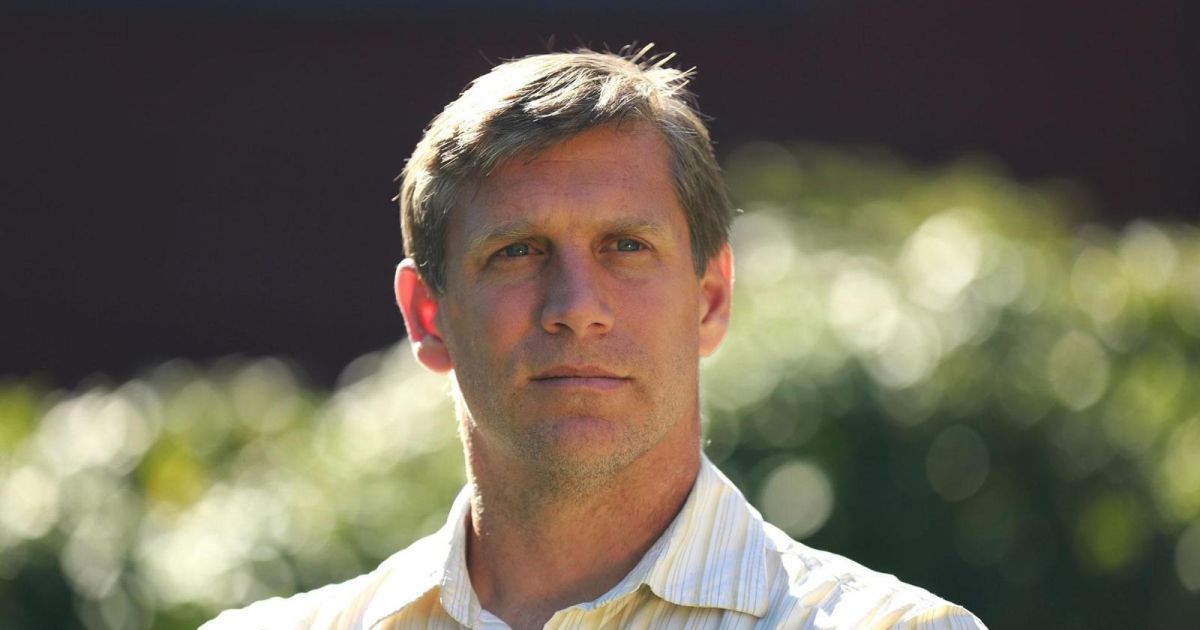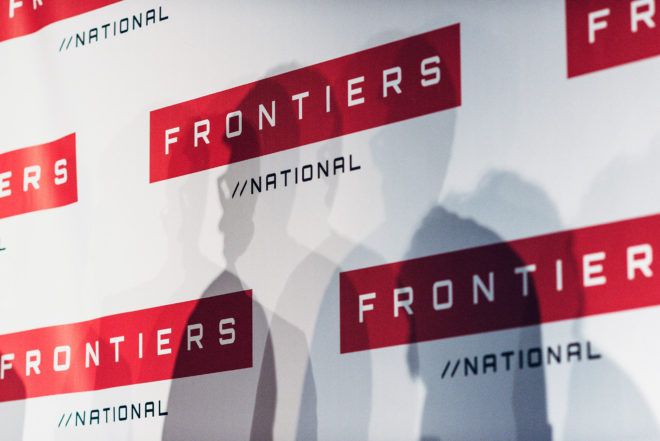My new interview on Engadget, which goes over a lot of transhumanist and political policy terrain:
Zoltan Istvan wants to create a movement, not a moment.


“A radical review of cybersecurity in space is needed to avoid potentially catastrophic attacks.”

Tough times lay ahead for human workers. With the advent of automation comes a much smaller job market and an ever-shrinking work force. Jobs traditionally held by humans are now being taken over by robots and computer software. Now, another job sector is being threatened by automation: the public sector.
A study conducted by Oxford University and Deloitte, a business advisory firm, found that 850,000 public sector jobs in the UK are at risk of being lost by 2030 due to automation. The report also mentions how more than 1.3 million administrative jobs in the public sector have a 77% probability of being automated. These jobs include highly repetitive jobs like clerical work and transportation work.
–This report comes as good news to fiscal policy makers who wish to cut costs. It shows the government can save up to £12 billion in public sector wages by 2030.

PARIS — The European Union’s executive commission on Oct. 26 unveiled a new space strategy that promises public investment to stimulate the creation of space start-up companies.
The Brussels, Belgium-based commission, which acts on behalf of the 28 European Union members — still including Britain for a couple of years — is already the biggest single customer for Europe’s Arianespace launch-service provider and for Europe’s satellite manufacturers.
The EU plans to launch some 30 satellites in the coming decade for the Galileo navigation and Copernicus environment-monitoring programs, which are the major beneficiaries of the commission’s space budget of 12 billion euros ($13.5 billion) between 2014 and 2020.

About eight years ago, as the controversy about research involving human embryonic stem cells was winding down and Barack Obama was about to take office, I had one of my regular lunches with a respected conservative policy expert. We had come to be friends who respectfully disagreed about embryonic stem cell research and other bioethics issues.
That day I told him that there were still bigger issues brewing that involved human reproductive materials. For example, the opponents of research that involved destroying human embryos had celebrated a new technology developed in Japan that turned regular adult cells into something resembling potent embryonic cells. What many failed to notice is that that same technology could be used to turn adult cells into human egg cells. Thus in theory two men could produce a baby with the second man’s sperm and without a woman to provide an egg.
“Oh,” my friend said when I pointed this out to him, “I would definitely support federal legislation to prevent that.” I was struck at his vehemence, but not surprised.


There are two kinds of people in Washington, DC, says entrepreneur Dean Kamen. There are the policy experts, whom he calls cynics. And there are the scientists, whom he deems optimists.
Kamen, speaking at the White House Frontiers Conference at the University of Pittsburgh, places himself in the latter camp. Unlike policy wonks and politicians who see diseases like Alzheimer’s or ALS as unstoppable scourges, Kamen points out that previously terrifying diseases were all toppled by medical innovation. The plague, polio, smallpox — all were civilization-threatening epidemics until experimental scientists discovered new ways to combat them.
If that sounds like the kind of disruption that the tech industry has unleashed across the rest of the world, that’s no accident. Kamen, the founder of DEKA, a medical R&D company, says that the same trends that have empowered our computers and phones and communication networks will soon power a revolution in health care. He says that medical innovation follows a predictable cycle. First we feel powerless before a disease. Then we seek ways of treating it. Then we attempt to cure it.

Taiwan’s Deputy Minister of National Defense Lee Hsi-ming recently said Taipei is seriously considering organizing its own DARPA to accelerate the research, development and application of military technology.
Lee’s statement, which was made at the 14th annual US-Taiwan Defense Industry Conference in Virginia, followed media reports saying Taiwan lags behind other East Asian countries in establishing a DARPA-like agency. Japan and China have already organized advanced defense research establishments.
Lee’s announcement about establishing a “Taiwanese DARPA,” however, triggered debate among legislators in the country’s parliament, the Legislative Yuan. Critics of the proposed think tank said the proposal for its creation might become a contentious policy item since it will require sharing or distributing funds across agencies.

The European Commission is getting ready to propose new legislation to protect machines from cybersecurity breaches, signalling the executive’s growing interest in encouraging traditional European manufacturers to build more devices that are connected to the internet.
A new plan to overhaul EU telecoms law, which digital policy chiefs Günther Oettinger and Andrus Ansip presented three weeks ago, aims to speed up internet connections to meet the needs of big industries like car manufacturing and agriculture as they gradually use more internet functions.
But that transition to more and faster internet connections has caused many companies to worry that new products and industrial tools that rely on the internet will be more vulnerable to attacks from hackers.

Germany isn’t content with relying on financial incentives to usher in an era of pollution-free cars. The country’s Bundesrat (federal council) has passed a resolution calling for a ban on new internal combustion engine cars by 2030. From then on, you’d have to buy a zero-emissions vehicle, whether it’s electric or running on a hydrogen fuel cell. This isn’t legally binding, but the Bundesrat is asking the European Commission to implement the ban across the European Union… and when German regulations tend to shape EU policy, there’s a chance that might happen.
The council also wants the European Commission to review its taxation policies and their effect on the “stimulation of emission-free mobility.” Just what that means isn’t clear. It could involve stronger tax incentives for buying zero-emissions cars, but it could also involve eliminating tax breaks for diesel cars in EU states. Automakers are already worried that tougher emission standards could kill diesels — remove the low cost of ownership and it’d only hasten their demise.
Not that the public would necessarily be worried. Forbes notes that registrations of diesels, still mainstays of the European car market, dropped sharply in numerous EU countries in August. There’s a real possibility that Volkswagen’s emission cheating scandal is having a delayed effect on diesel sales. Combine that with larger zero-emissions incentives and the proposed combustion engine ban, and it might not take much for Europeans to go with electric or hydrogen the next time they go car shopping.